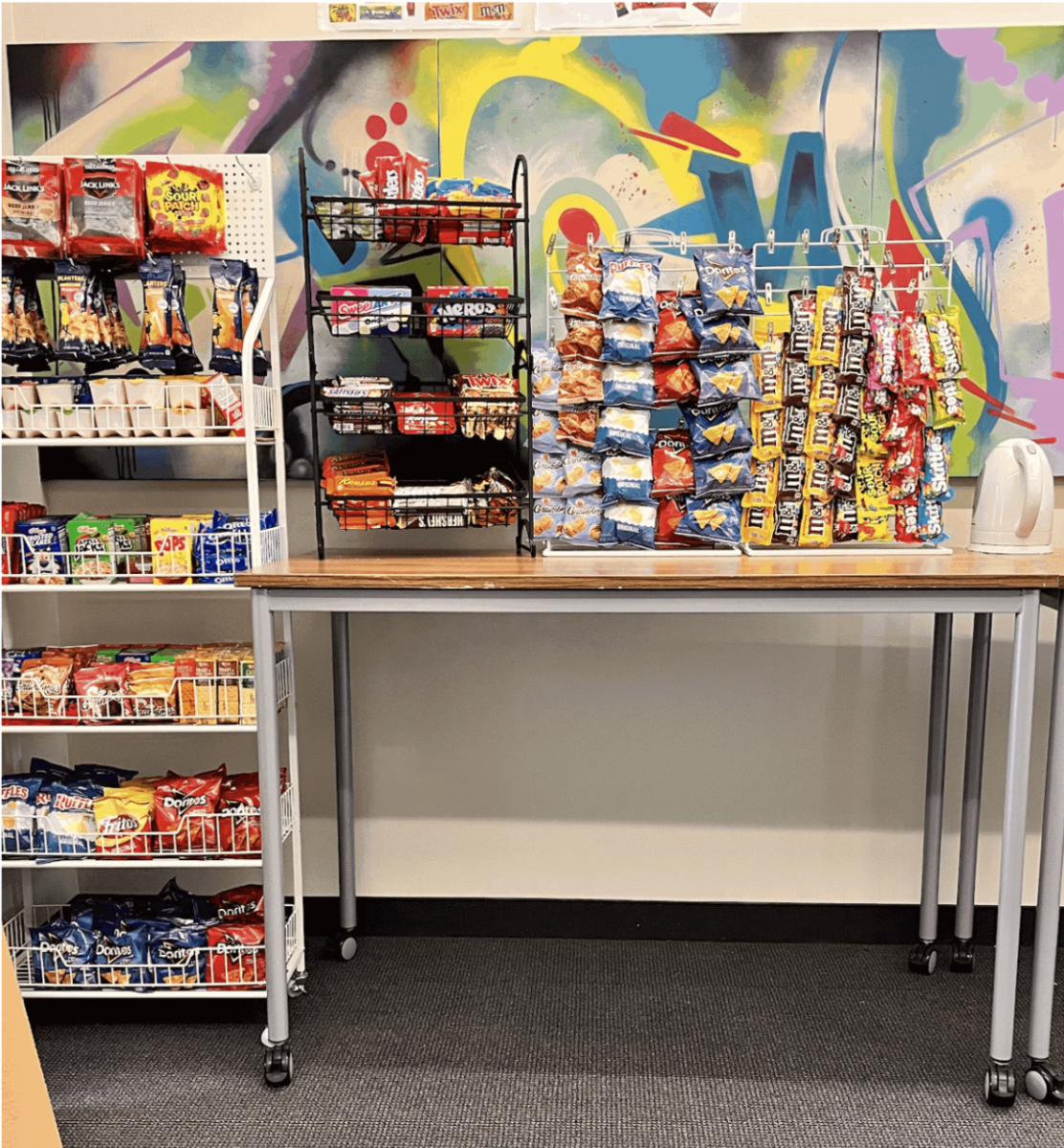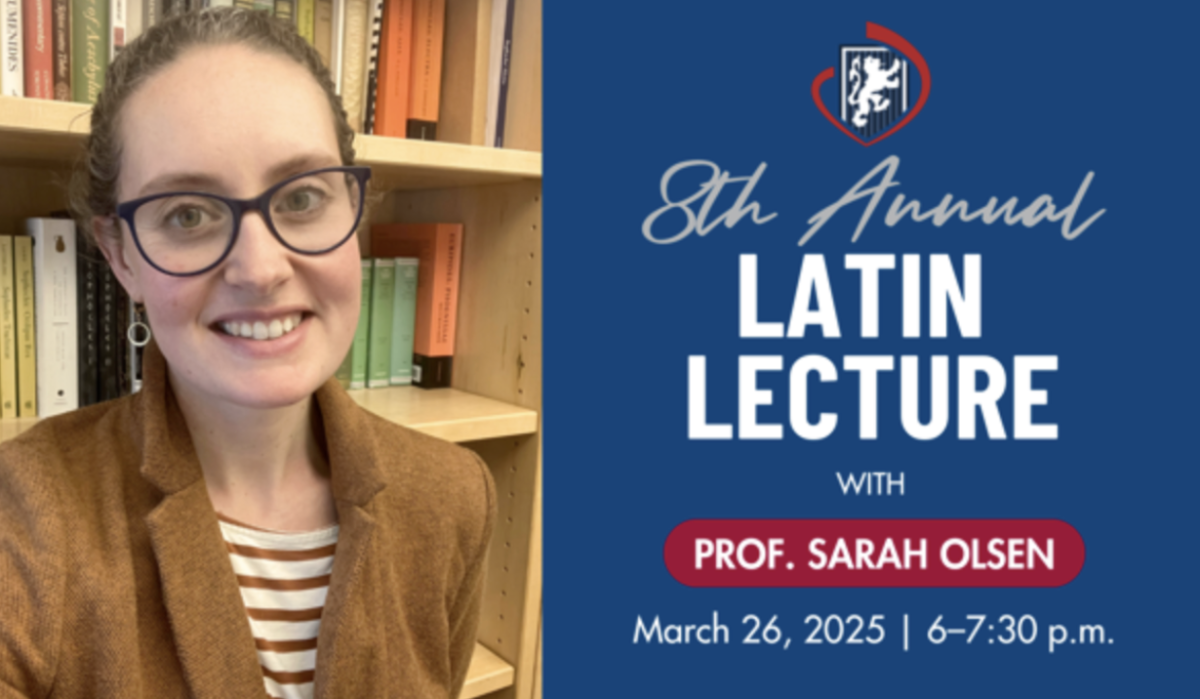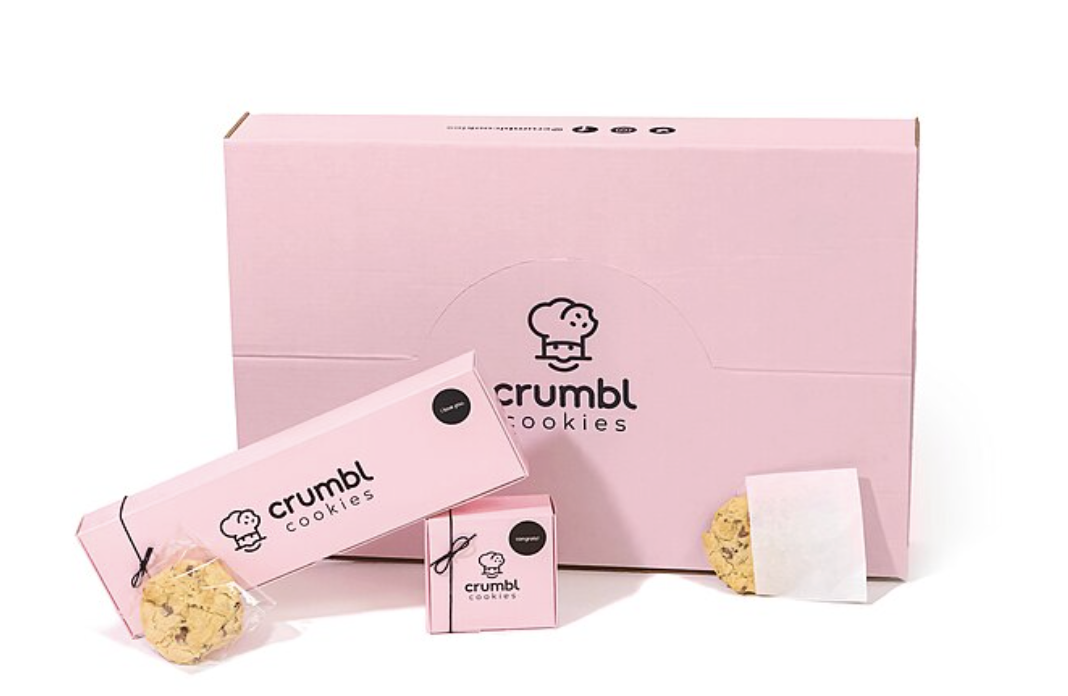 Bags of snack foods like Lay’s Potato Chips, Cheetos and Tostitos boasting the words “all natural” in bold letters fill the grocery store snack aisles, but consumers looking for a healthy nosh might be better served in the produce section.
Bags of snack foods like Lay’s Potato Chips, Cheetos and Tostitos boasting the words “all natural” in bold letters fill the grocery store snack aisles, but consumers looking for a healthy nosh might be better served in the produce section.
Madeleine Ainslie
Managing Editor
Bags of snack foods like Lay’s Potato Chips, Cheetos and Tostitos boasting the words “all natural” in bold letters fill the grocery store snack aisles, but consumers looking for a healthy nosh might be better served in the produce section.
“Hundreds of articles in the grocery store will say ‘natural ingredients’ or ‘100 percent natural’ or ‘98 percent natural,’ ‘natural fruit flavors’ and that doesn’t mean that it’s actually natural,” Rhiannon Salter, a former food public relations officer who is nutrition certified said.
The Food and Drug Administration has no official definition for the world “natural” or authority over how the term is used.
“It is difficult to define a food product that is ‘natural’ because the food has probably been processed and is no longer the product of the earth,” the FDA wrote in a consumer factsheet on nutrition.
The agency allows the use of the term if the food item does not contain added color, artificial flavors, or synthetic substances.
“Natural foods should be unprocessed in a way that they maintain their nutritional values and properties,” Cory Reddish, a licensed naturopathic doctor said. “They shouldn’t be bleached or dyed or contain things like additives or preservatives.”
Companies often appropriate the term to attract consumers wanting healthier options, according to Salter.
“The term ‘natural’ has been hijacked by different food companies to mean something else,” Salter said. “They can get away with that because companies argue that the chemicals they are using in their products occur in nature so the product is natural.”
Senior Connolly Steigerwald, a cashier at at Greens and Company, a local, organic cold pressed juicery, says the term natural has a broader meaning.
“Natural can actually mean that foods might contain ingredients like high fructose corn syrup, which is still allowed to be considered natural, while organic products have stricter rules considering the use of pesticides, growth hormones, and pesticides,” Steigerwald said. “Even though that doesn’t really reflect my definition of natural, ‘natural’ doesn’t actually imply much about the quality of the products.”
“It seems crazy to need a definition for natural, but without it companies find ways to exploit the term,” Salter, who also teaches history and advises the Food Justice club, said.
About two-thirds of consumers said they believe the term means that a processed food has no artificial ingredients, pesticides or genetically modified organisms, according to a survey of 1,000 people conducted by Consumer Reports National Research Center.
“When I did food PR, I had to take a claim and make it newsworthy,” Salter said. “It was complicated because there are certain ways to imply things and lead the consumer in a certain direction without actually saying it. It’s manipulating words.”
Word manipulation seems to be working. Sixty percent of shoppers said they look for the term “natural” on food labels, according to a Consumer Reports survey.
“On the nutrition facts of a product, there is no recommended daily value for sugar,” Salter said. “The Sugar Lobby doesn’t want consumers to see how much of their advised daily percent of sugar they’re consuming in just one serving.”
Products can be derived from natural ingredients, but adding an excess of ingredients like sugar or high fructose corn syrup can reduce its health benefits, according to Reddish.
“So many products used high fructose corn syrup for so long that eventually the horrible implications of high fructose corn syrup were made public,” Reddish said. “Because of the public’s pushback companies are now scaling back on how much high fructose corn syrup they add in their products and using real sugar and finding that it’s healthier.”
Fifty-nine percent of global consumers have difficulty understanding the food label nutritional facts, according to the Nielsen Company.
“I like to use the classic rule to look on the labels and see if you can pronounce everything on the label before buying something,” Steigerwald said. “As I become more conscious of what I eat, I always find myself buying foods that I can look at the labels on and I know what everything is. The less processed the better.”
Eating minimally processed foods without artificial additives can be expensive and also time consuming, according to Steigerwald.
“I would love to be one of those families who goes to the local farmers market every weekend and stocks up for the week,” Steigerwald said. “Unfortunately, that doesn’t really work because my siblings eat a ton and can be picky, and my mom isn’t much of a cook. I would love to cook meals from locally grown ingredients, but I just don’t have the time right now.”
Other drawbacks to consumers buying natural food products are the cost, according to Reddish.
“The more processed something is the cheaper it tends to be,” Reddish said. “If companies can manufacture more of a product it will be cheaper, but a lot of times natural foods are made in smaller quantities and with less processed ingredients which in turn are more expensive, driving up the price.”
Because natural foods are more expensive, healthy options tend to only be available in wealthier neighborhoods.
“Good, healthy food is not available in areas of higher need where people can’t afford it but there’s lots of cheap, unhealthy choices like McDonald’s,” Salter said. “There’s a Whole Foods in Pacific Heights, but finding a Whole Foods in Hunter’s Point or the Western Addition is really difficult.”
These food deserts further divide social classes and contribute to higher rates of obesity in individuals of lower socioeconomic backgrounds.
“It’s important to be educated about where food is coming from because consumers are given more power than they realize,” Salter said. “Teenagers have the financial power to start buying real, whole, natural foods and by doing so showing companies that that is what is important and enticing to them.”
While it is important to eat healthily, a fixation on one’s diet can be damaging, according to Salter.
“In Western culture we’ve gotten to a point where we have such an unhealthy obsession with food,” Salter said. “We are obsessed with food and with picking it apart for the nutrients it contains. We are obsessed with weight, and yet America is the second most obese nation in the entire world.”
Mexico surpassed the United States as the most obese country in July, according to the Associated Press, with 32.8 percent of Mexican adults considered obese, compared to 31.8 percent of adults in the United States.
Eating less processed food and more natural food, especially produce, is the easiest thing people can do for their health, according to Salter.
“When people eat foods with lots of additives and chemicals, consumers essentially lose control of what they’re putting in their bodies,” Salter said.




















